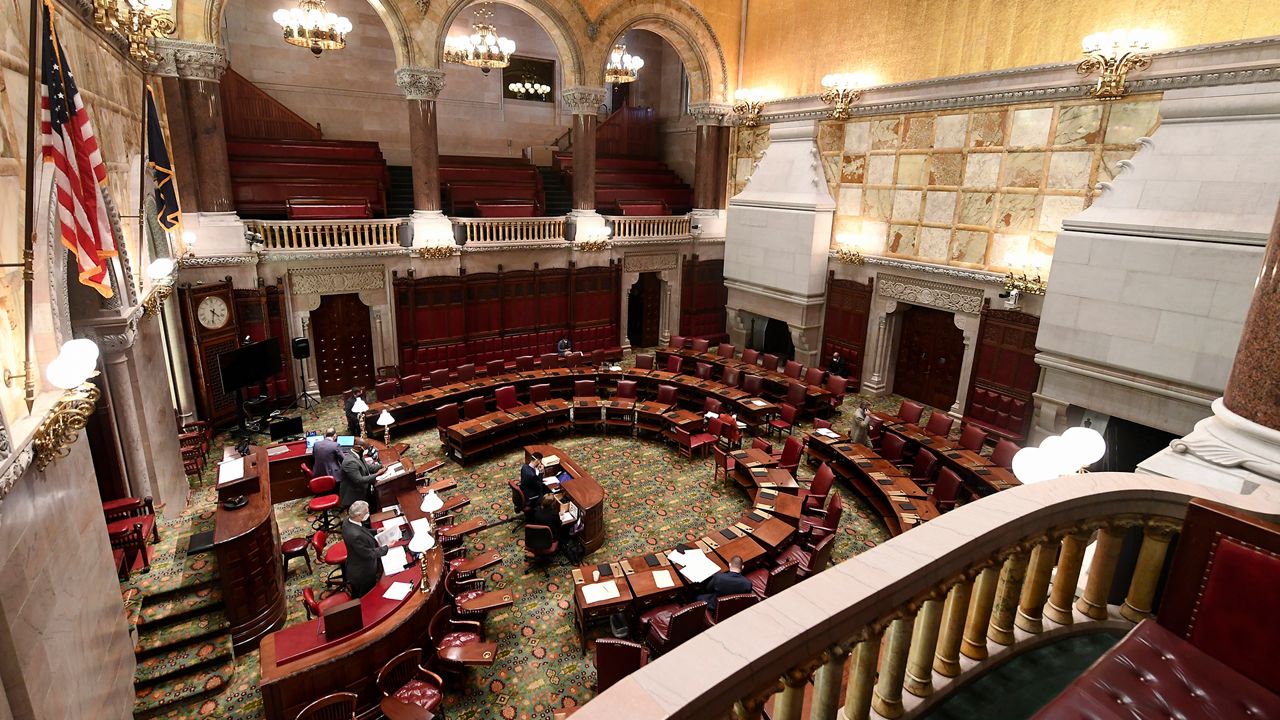Back-to-back confirmation hearings for the state's top court will be heard by the Senate Judiciary Committee this week.
If all goes according to the plans of the Democratic leadership in the chamber, the state Court of Appeals will have two new members and be back at full strength for the first time since the summer. But Republicans have not ruled out a potential lawsuit challenging the mechanism that is paving the way for the accelerated timetable.
At the heart of the process will be some careful choreography:
- Later on Monday, the state Senate Judiciary Committee will sit for the confirmation of Judge Rowan Wilson to become chief judge of New York. He is Gov. Kathy Hochul's second nominee to fill the post after Democrats rejected the nomination of Judge Hector LaSalle earlier this year.
- Wilson, who would be the first Black man to lead the court system in New York, is expected to have a smoother nomination than LaSalle, having won supportive statements from top Democrats in the state Senate and from progressive leaders.
- On Tuesday, the Judiciary Committee is expected to hear from Caitlin Halligan, an attorney now in private practice and a former solictor general for the state. Halligan was nominated by Hochul alongside Wilson to fill his spot on the bench at the Court of Appeals as an associate judge.
- Also on Tuesday, Wilson is expected to receive a full vote in the Senate, followed by Halligan on Wednesday.
Normally, Wilson's nomination and subsequent confirmation would have led to a vacancy for his associate judge spot at the Court of Appeals, leading to the start of a judicial nominating commission search for a slate of candidates for the governor to select. But Hochul this month approved a new law that allows the process to move forward without the commission submitted a new list of names (Halligan was among the potential candidates for the chief judge post).
Republicans, who had filed a legal challenge to LaSalle's rejection in the Senate Judiciary Committee this February, have also indicated another lawsuit may be filed over the measure.
Hochul has insisted the law is constitutional and will withstand legal scrutiny, and has insisted the measure is necessary in order to have a fully appointed court after more than six months without a chief judge.


